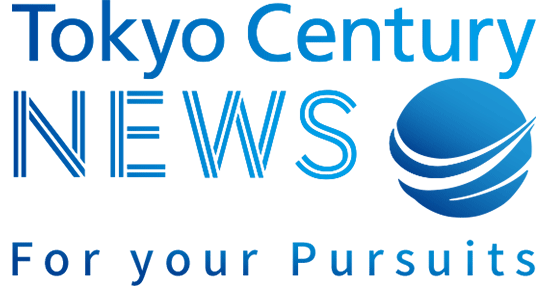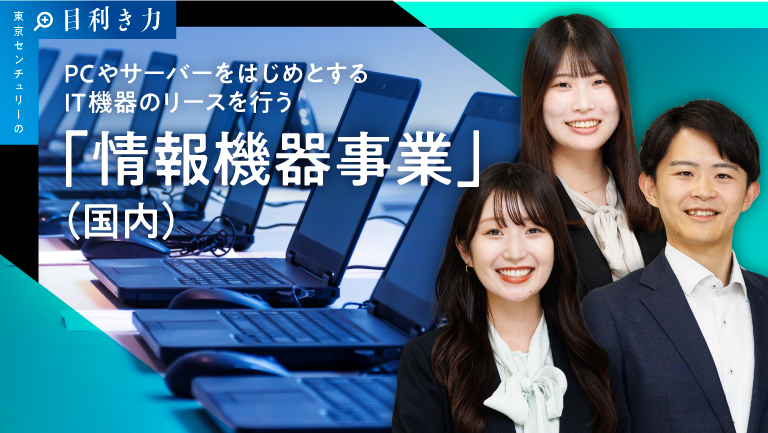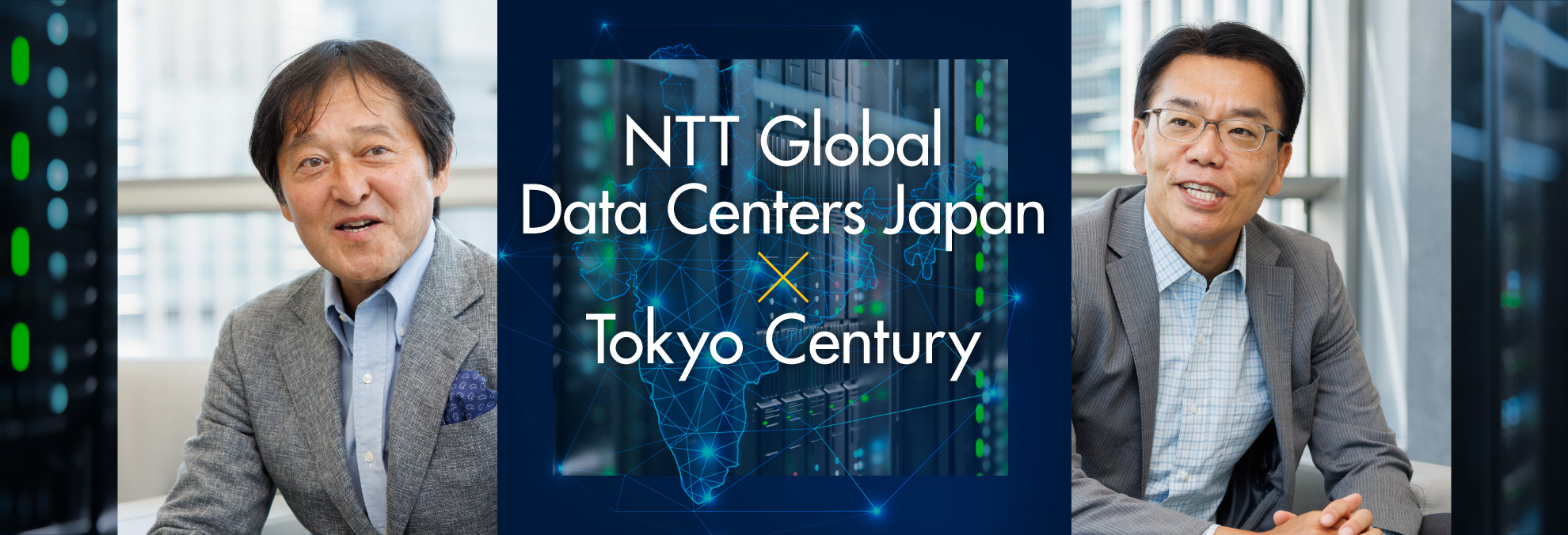
Demand for data centers is rising to unprecedented levels, driven by the expansion of services by GAFAM and other major technology companies, as well as the rapid spread of AI. In this growing sector, Tokyo Century formed a partnership with the NTT Group, a global leader in the data center business, beginning with a joint project in India in 2021. We spoke with Yasuo Suzuki, President of NTT Global Data Centers Corporation, and Toshio Kitamura, Senior Managing Executive Officer of Tokyo Century Corporation, about market trends and future strategies.
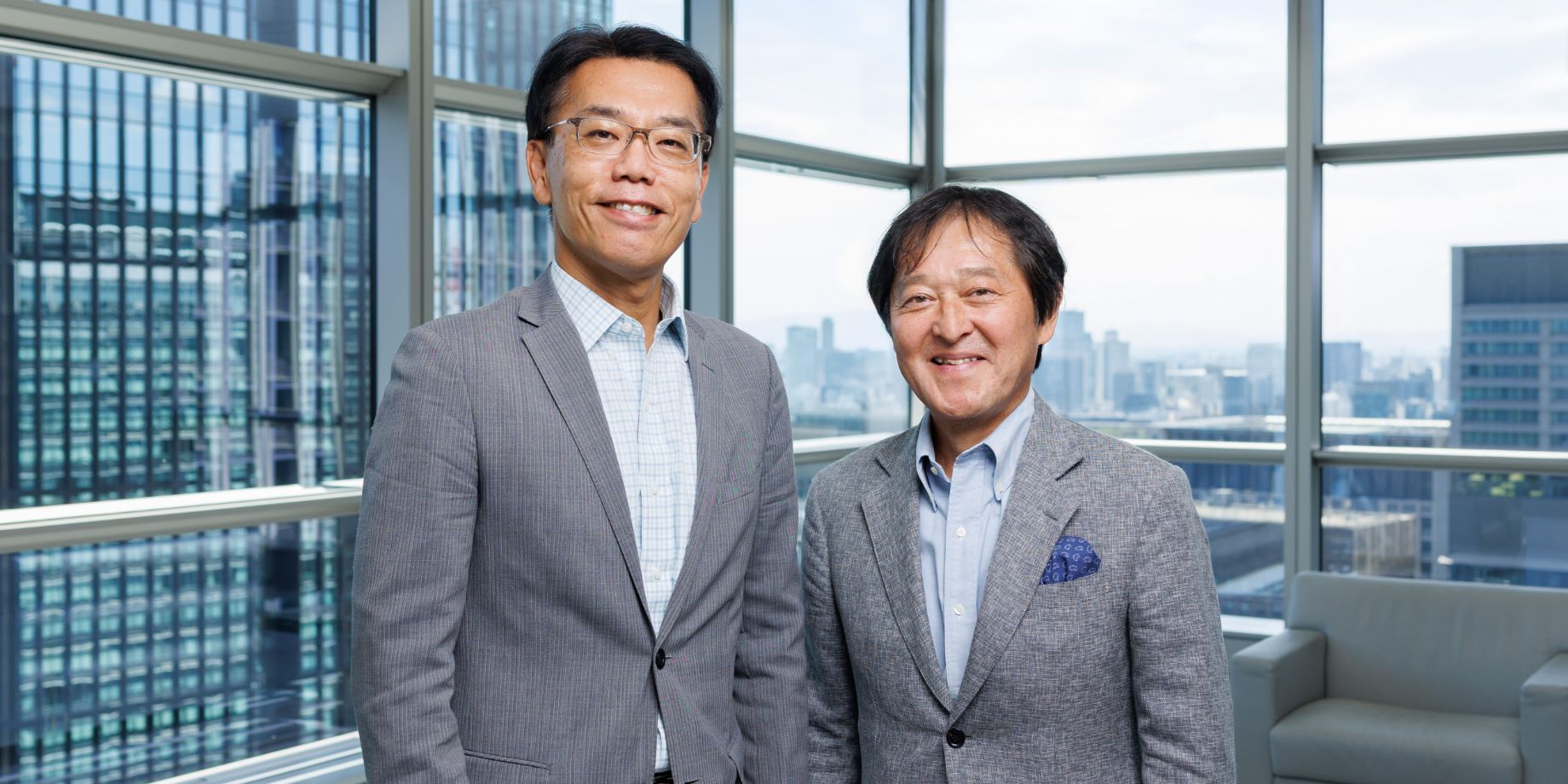
Yasuo Suzuki, Executive Vice President, Managing Director of NTT Global Data Centers Japan Corporation (left) and Toshio Kitamura, Senior Managing Executive Officer, Tokyo Century Corporation (right)
Growth Strategy for the Ever-Evolving Data Center Business
—NTT and Tokyo Century’s Value Creation
—Could you tell us about the current state of the data center market?
Suzuki: Data centers began attracting attention around 2000. Initially, they were mainly focused on enterprise data management and operations.*1 However, with the emergence of hyperscalers*2 such as AWS, Microsoft Azure, and Google Cloud Platform, demand for public cloud*3 services has expanded rapidly, leading to substantial growth in the data center market. Furthermore, growing remote work since the COVID-19 pandemic and the spread of AI are expected to keep the market growing well into the future.
*1 Data centers with high computing and storage capacity, used by companies for their internal data management and operations
*2 Cloud infrastructure providers that operate data centers with high computing and storage capacity and offer cloud services
*3 A cloud computing service broadly available to individuals and companies
—What strengths do the NTT Group and Tokyo Century bring to the data center business?

Suzuki: The NTT Group holds the leading share of the data center market in Japan and the third-largest share worldwide. This position stems from our strong credibility on a global scale. Customers want to avoid the risk of policy changes that may arise if an operating company faces insolvency or undergoes M&A. Since our solid management and financial stability are highly valued, they can entrust their data to us with confidence over the medium to long term.
Moreover, our data center business is not limited to providing storage space. We offer a wide range of services across the entire value chain, from server-related technology development and enterprise solutions to system integration and network connectivity, allowing us to address diverse customer needs.

Kitamura: Tokyo Century has two major strengths in the data center business. The first is our ability to provide professional financial functions. We have a proven track record of engaging in diverse businesses with many partners, including the NTT Group, which allows us to deliver services that apply the financial expertise we’ve built through project management and related activities.
Another key strength is our reliability as a partner. The data center business requires massive investment, so collaborating with trusted partners is essential to maintaining financial stability. In this regard, we see our strong reputation as one of our greatest assets.
Building Next-Generation Infrastructure Through Speed and Trust: The First India Project by a Partnership of Japanese Companies
—Your partnership began with a project in India in 2021. How did that come about?
Suzuki: For the first project, we initially considered partnering with a foreign company. However, we felt the pace was too slow, so we reached out to Tokyo Century. From that point, discussions moved forward quickly. Thanks to the trust established through prior collaborations, and partly because both companies are Japanese, the project progressed rapidly.
Kitamura: We first partnered with the NTT Group in the auto leasing business in 2005 and have since built a relationship spanning nearly 20 years. Since entering into a capital and business alliance in 2020, we have expanded our partnership across a wide range of fields, including leasing, finance, and clean energy, through the establishment of joint ventures and investment funds. The India project was our first joint effort in the data center business. Although we began with no prior experience in this area, we have accumulated expertise and experience over the past five years, which has led to additional projects.
Suzuki: Because this is a global business, we have naturally faced many challenges. For example, India does not have a well-established real estate registration system like Japan’s. What is considered common sense varies from country to country, and Japanese norms often do not apply elsewhere. Even when we were uncertain about matters such as land acquisition, Tokyo Century demonstrated its expertise and reliably fulfilled its role, which I believe was a major factor in our success.

Exterior view of the data center in India (Mumbai8)
—Looking ahead to the rapidly advancing AI era, could you share your growth strategy for the data center business as a next-generation infrastructure?
Suzuki: The growing adoption of AI is bringing major changes to the operation, management, and configuration of data centers. For example, the increasing number of GPU servers processing massive amounts of data at high speeds has caused a sharp rise in rack power consumption and heat generation. Addressing this issue requires a shift from traditional air-cooling to new liquid-cooling systems*4, which offer superior cooling and energy efficiency. We are currently using the new technologies and conducting joint verification with equipment manufacturers, and their adoption is already increasing in the U.S.
Going forward, we plan to expand this competitive advantage beyond the U.S. to India, EMEA (Europe, Middle East, and Africa), and APAC (Asia-Pacific region), thereby strengthening our presence in each region.
Kitamura: The spread of AI is a major growth driver for the data center business and has the potential to accelerate market expansion. In particular, demand for GPU server leasing is high, representing a significant business opportunity for us. We therefore believe that expanding our peripheral businesses from a financial perspective will contribute to growth in the data center business.
*4 Cooling systems that use liquid to cool servers. They offer higher efficiency than conventional air-cooling, reducing Power Usage Effectiveness (PUE), and are attracting attention as a next-generation technology for high-heat-generating servers.

Skills Required for Thriving in the Global Market, and the Path Forward
—What skills are important for thriving in global businesses like this project?

Suzuki: I tell young employees that it’s important to acquire expertise and continue to hone it. Having worked overseas and partnered with foreign companies, I’ve come to realize there is a big difference between the Japanese emphasis on developing generalists and the focus of overseas companies on developing specialists. While generalists are indispensable for operating organizations, each of us must sharpen our expertise to thrive in the global market.
The data center business relies on individual strengths, such as advanced IT engineering skills, experience in marketing and human resources, and a track record of addressing social issues, including the SDGs. The market places higher value on those with extensive and deep experience. Specialized expertise can enable success even without strong language skills; in fact, I believe fluency does not guarantee success on the global stage unless you have expertise.

Kitamura: Expertise is essential even in financial services such as leasing and finance. Tokyo Century has undergone significant changes in its business portfolio and organizational structure over the 15 years since its merger, and it continues to transform today. This transformation is founded on the expertise required to deeply understand customer businesses and industries. The expertise allows us to meet financial needs that vary from country to country.
On top of that, to continue being regarded as indispensable by our customers and partner companies, we must do more than simply provide capital. We need to work with them to identify market opportunities and assess the feasibility of commercializing them. In this sense, expertise is essential, and as a company, we aim to support each of our employees in chasing their ambitions under our corporate slogan: Solutions to your Pursuits.
—Finally, could you share your views of the future?
Suzuki: We want to begin with an accurate understanding of data center market growth so that we can further expand the scope of our locations and services as a global leader. The data center business has been more advanced in the U.S., where GAFAM and other big tech companies have established their hubs. Nearly half of our global revenue comes from hyperscalers. Meanwhile, the APAC region still accounts for only about 10% of global revenue, although it is steadily growing. We aim to gain knowledge by operating data centers in Japan and the U.S., which will support the expansion of our business in India and the broader APAC region.
Kitamura: One purpose of our partnership with the NTT Group in the data center business is to connect data center operations with the diverse services offered by both companies, achieving growth while developing peripheral businesses. For example, we can leverage our strengths in areas such as providing the finance services mentioned earlier, offering ITAD services for data center servers and related equipment*5, and securing land and electricity. We can also create new businesses by partnering with our Environmental Infrastructure segment and real estate divisions, as well as with Group companies. Pursuing these possibilities can further expand the scope of our data center business.
*5 IT asset disposition (ITAD) services dispose of IT assets in a safe and appropriate manner, ensuring compliance with regulations for information management, environmental protection, and more.
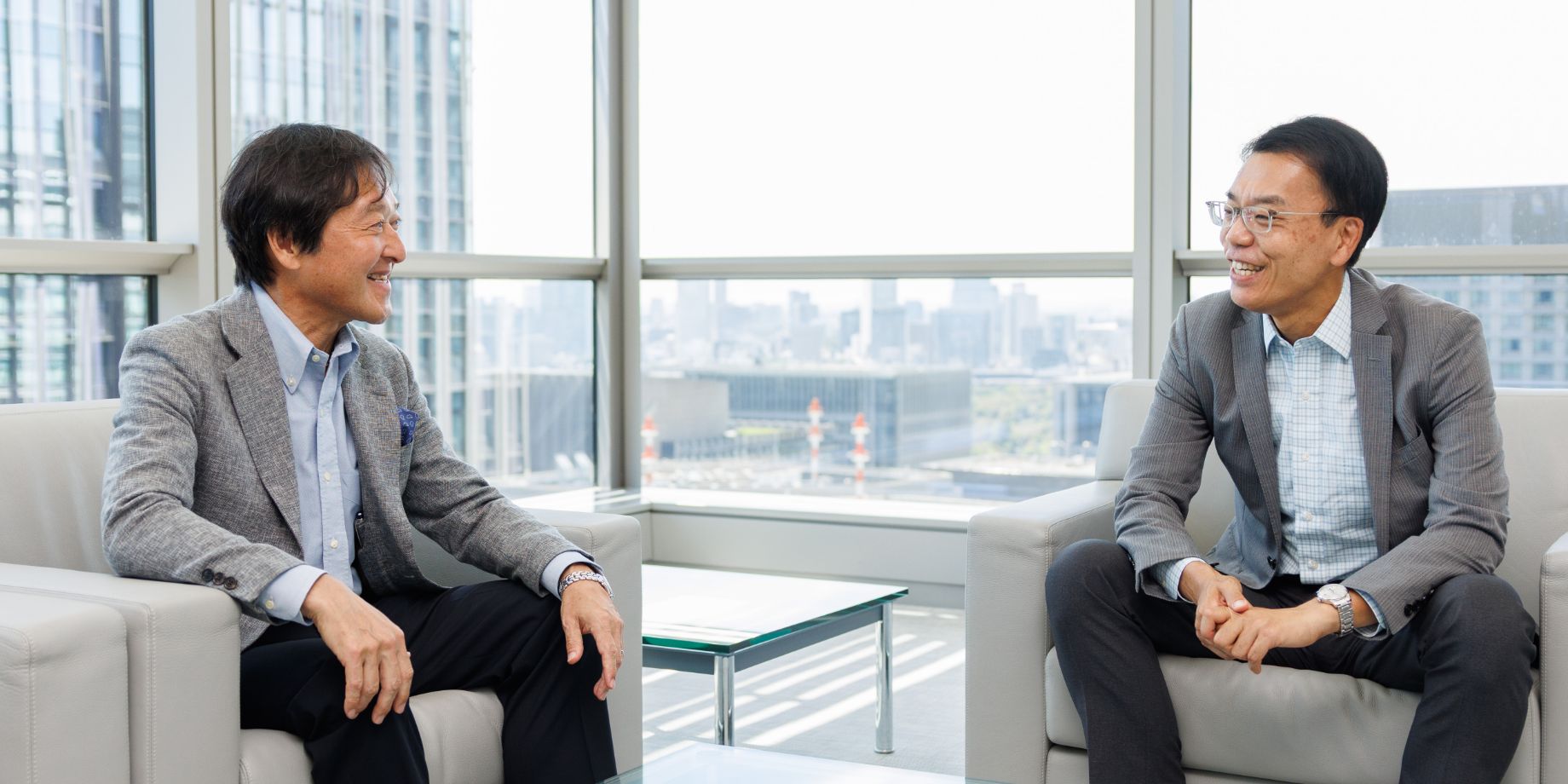
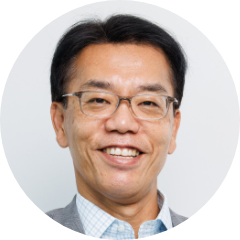
Yasuo Suzuki
Executive Vice President, Managing Director
NTT Global Data Centers Japan Corporation
Suzuki joined Nippon Telegraph and Telephone Corporation (now NTT, Inc.) in 1992. He spent many years working in international sales, overseas M&A, and global business development. In 2015, he was assigned to a U.S.-based subsidiary and participated in the data center business. After returning to Japan, he oversaw data center operations across the APAC region. He has held his current position since 2020.
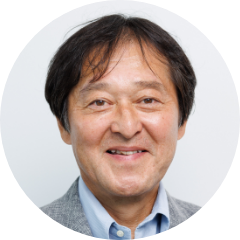
Toshio Kitamura
Senior Managing Executive Officer,
President of International Business Development Unit,
President of International Business Unit, Tokyo Century Corporation,
Director and Vice Chairman of CSI Leasing, Inc.
Kitamura joined Dai-Ichi Kangyo Bank (now Mizuho Bank) in 1986. He was assigned to the CIT Group after it was acquired by the bank, where he gained seven years of experience in a sales role at a non-bank financial institution. Since 2013, he has been responsible for global sales in Asia, including the ASEAN region. He was appointed executive officer in 2016. He was involved in the acquisition of U.S.-based CSI Leasing. and managed its U.S. operations before returning to Japan. He has held his current position since April 2020.
*The contents of the article and the position titles are as of the date posted.
RECOMMEND ARTICLES
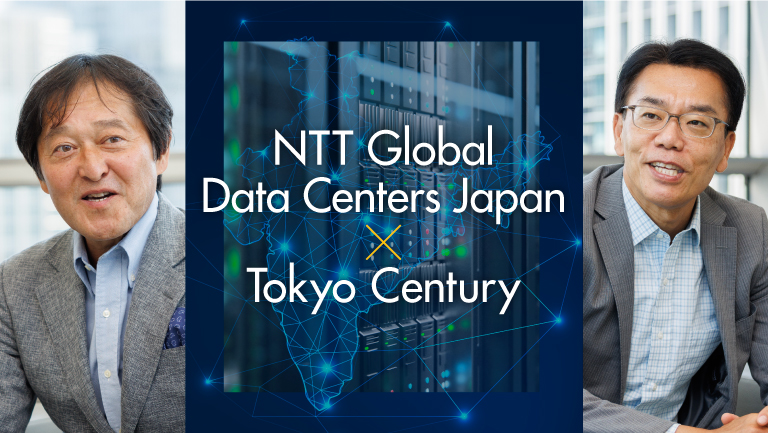
—NTT and Tokyo Century Take on the World Through Co-Creation
Nov 11, 2025
Demand for data cent…
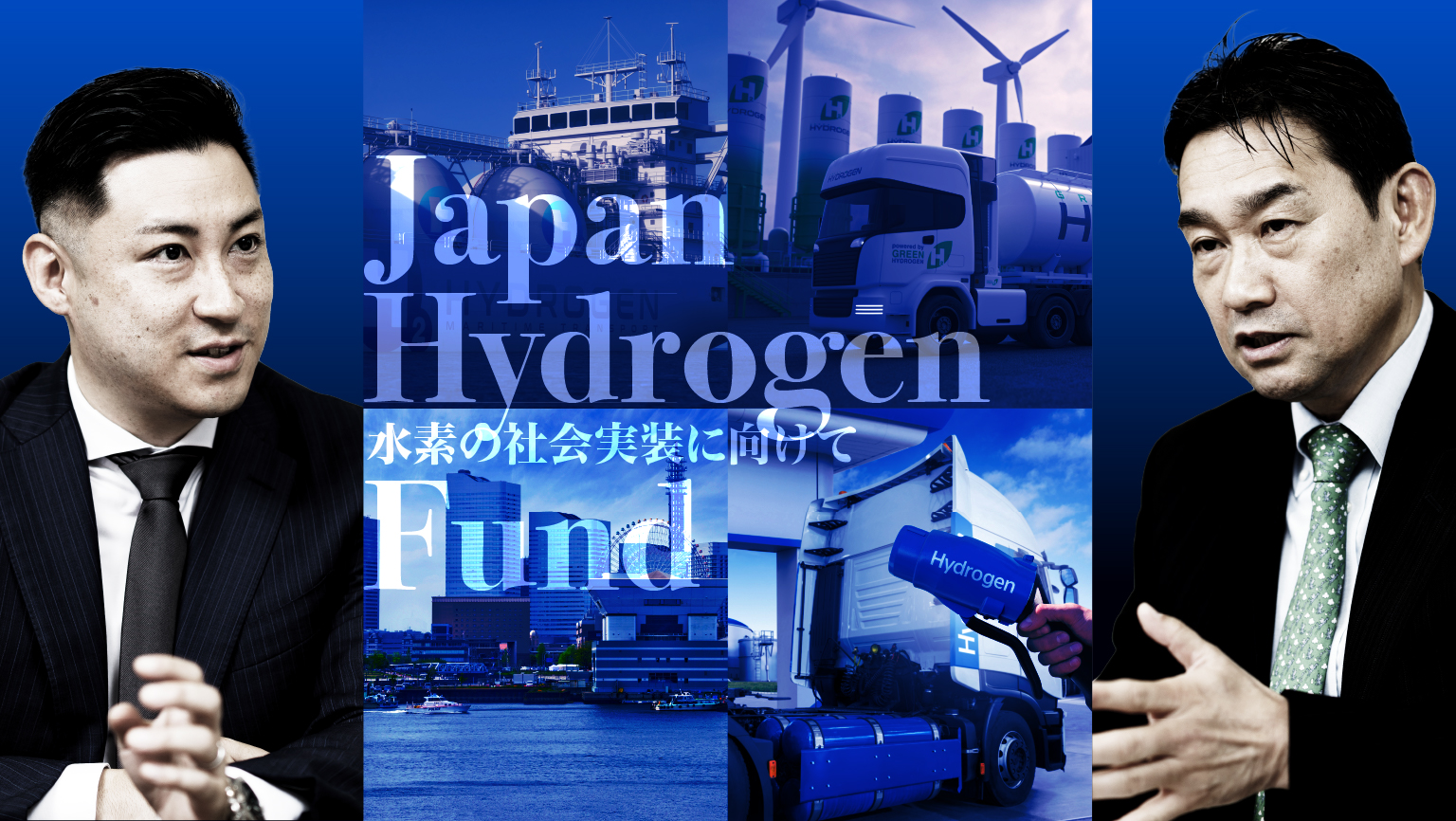
Mar 4, 2025
Hydrogen is gaining …
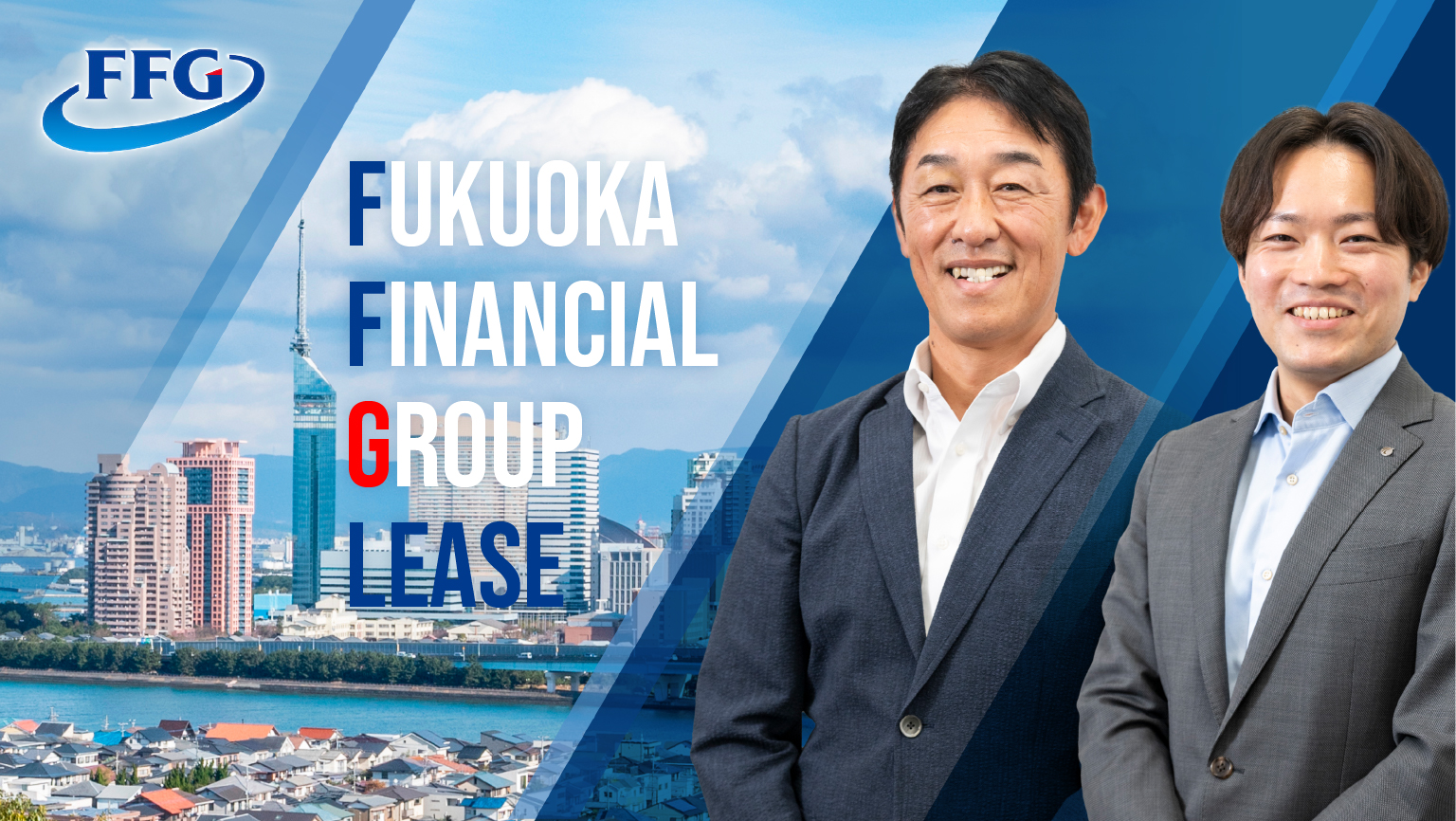
Feb 3, 2025
In March 2022, Tokyo…
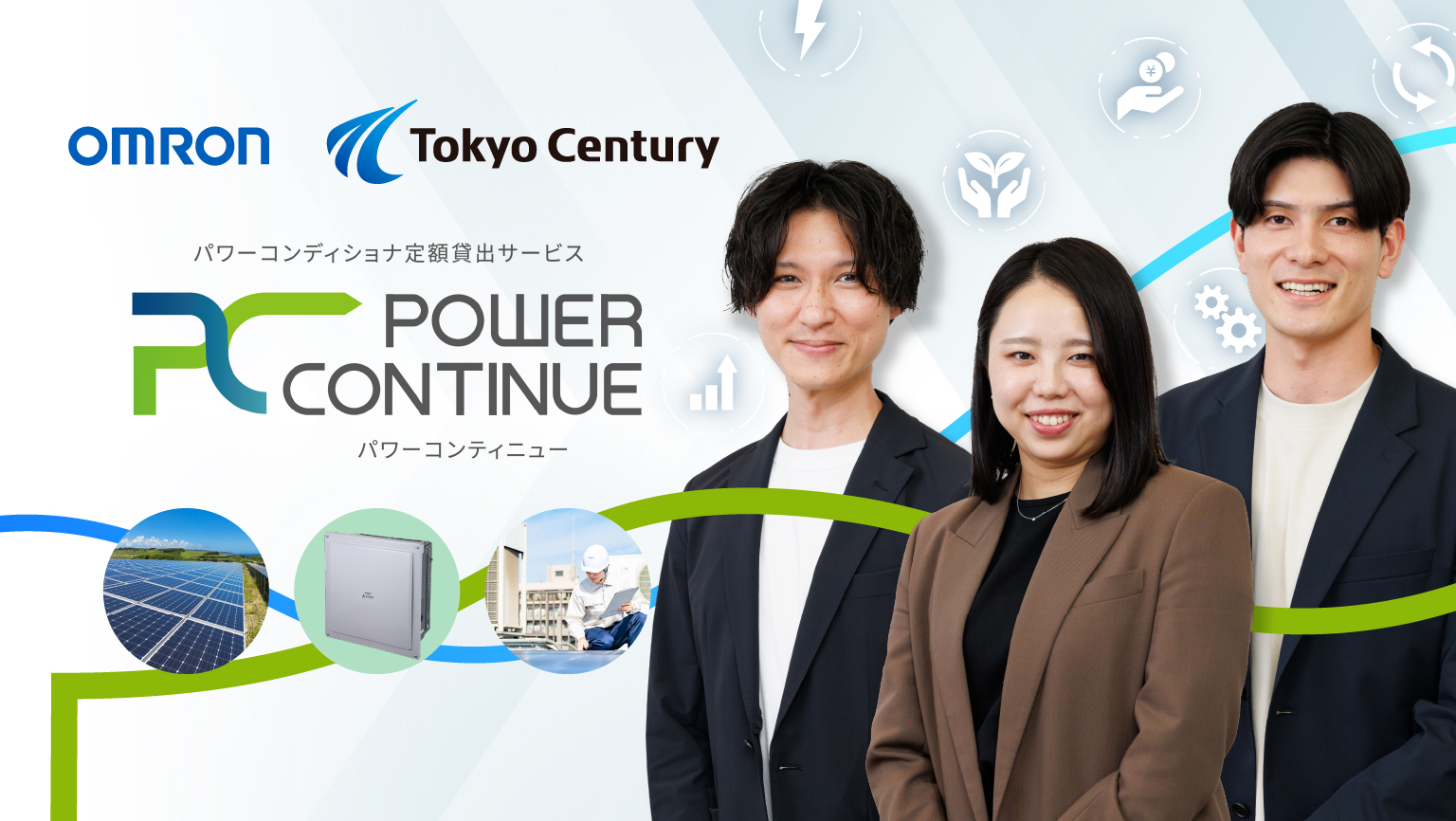
Jan 23, 2025
Operating a solar po…
